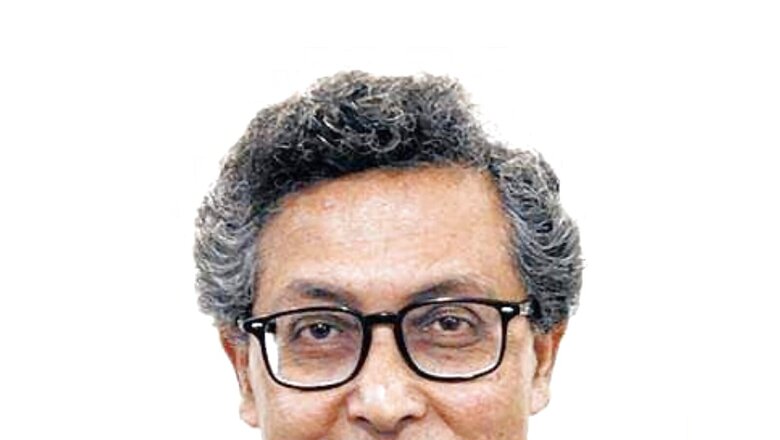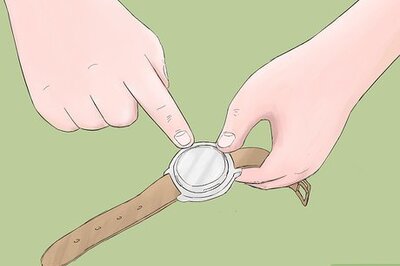
views
A year and a half after the Coronavirus pandemic wrecked our collective lives, our society has been grappling with fear and insecurity. As a result, we have seen misinformation spread like wildfire, and many resorting to bizarre and incorrect methods of dealing with the virus. With this column, which will be published every Sunday, we aim to address any health or vaccine-related question our readers might have about the coronavirus pandemic.
On World Mental Health Day, Prof (Dr) Debasish Basu Head, Department of Psychiatry, PGIMER (Chandigarh) talks about the lasting impact the COVID-19 pandemic has had on our mental health.
With hygiene becoming the cornerstone of our lifestyle during the COVID 19 pandemic, has OCD increased in those who were already dealing with the issue? Have more people become OCD-ed during this period?
There is a general notion that people suffering from OCD would worsen due to covid related behavioral advice and protocols. However, hard data state otherwise. There are a few studies from India and abroad, on case reports, clinician experiences, and small samples which suggest that OC symptoms have indeed worsened in existing OCD patients, but not for all OCD patients. Those with washing rituals and infections/cleanliness related and also hoarding related OC symptoms are the ones especially likely to worsen, not others. Unfortunately, data on the increasing new incidence of OCD is lacking, largely because of methodological problems in conducting such studies.
Have you faced patients who are paranoid of getting infected with COVID? How are you telling them to deal with their fears especially when so many on the streets are flouting COVID protocols?
That is quite common, and it is at times difficult to distinguish between normal or expected levels of vigilance and unrealistic or delusional paranoid beliefs and behaviour. We must all be careful, get vaccinated, and follow covid appropriate behaviour, but not remain preoccupied with this. Our daily functioning must go on. We should not overindulge in media and especially fake or sensational news, and only check, periodically, not all the time, information and guidance from trusted sources.
Due to COVID, babies who are born during this period are not getting to know many people except their parents or immediate family. Will it impact their social skills as they grow up?
Difficult to say till they actually grow up! Human beings are very resilient even with many adverse childhood experiences. Theoretically, possible. But I would not make a definitive comment because that would be guesswork.
For many of us, the past one and a half years have been spent majorly in isolation, with minimal social interaction. Can such a long period of isolation change our brains ?
Yes, it can and does certainly have an impact on our mind, and because the brain is the physical substrate of mental functions and is impacted by our mental activities, the subtle (not gross) aspects of brain microstructure and functioning can be changed with prolonged and severe social isolation due to any cause including covid related social isolation.
Are there any particular mental health issues or disorders that had not been seen before ( at least not in a widespread way) stemmed during the pandemic?
No. Covid related anxiety, depression, paranoia, and phobia are all known entities, just like it was the case with AIDS in the 1980s and 90s. There are no reported “new” mental health syndromes described. Post-COVID (also called Long COVID) syndrome can have many psychiatric symptoms along with many physical symptoms, but it’s not an exclusively mental health disorder.
How does the long period of isolation impact someone who has a severe mental disorder like psychosis?
As mentioned above, long periods of physical and social isolation can impact the mind of all, but this is especially true for those with pre-existing psychiatric illnesses, including psychosis. There is now a lot of data to document this.
Read all the Latest News , Breaking News and IPL 2022 Live Updates here.



















Comments
0 comment